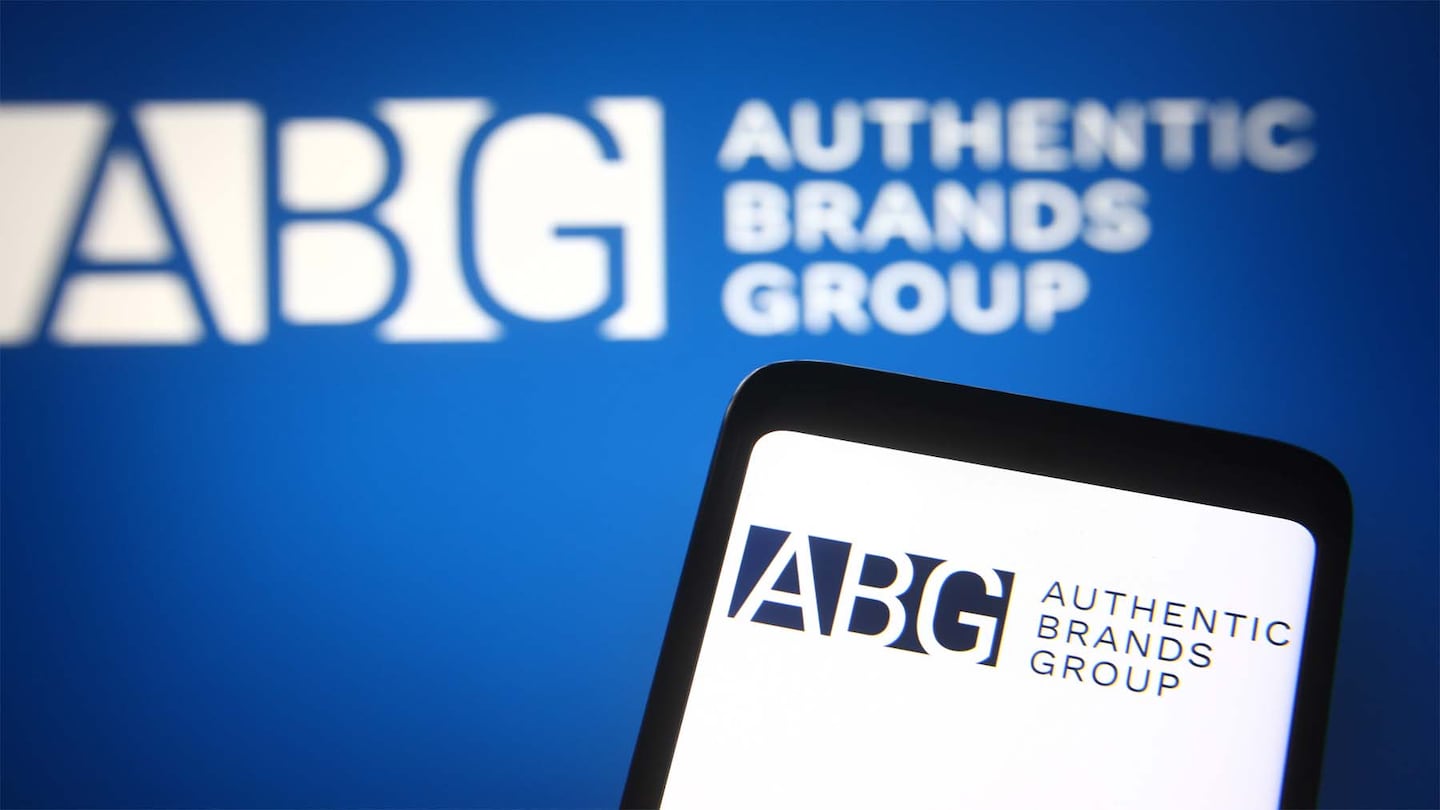
The Business of Fashion
Agenda-setting intelligence, analysis and advice for the global fashion community.

Agenda-setting intelligence, analysis and advice for the global fashion community.

The licensing company has settled and agreed to dismiss its case against Bolt, its e-commerce checkout service provider, the companies announced July 6.
As part of the agreement, ABG has become “shareholders” of the fintech startup, ABG founder and chief executive Jamie Salter said in a statement.
ABG, which owns brands including Barneys New York and Brooks Brothers, sued Bolt in April for breach of contract, claiming that the company failed to deliver its payment software as promised and then changed the terms of their equity deal, under which ABG would receive a 5 percent stake in Bolt if it were to hit sales targets.
Bolt, valued at $11 billion as of January 2022, faced scrutiny earlier this year after a New York Times investigation outlined that founder Ryan Breslow exaggerated his company’s tech capabilities and number of merchant partners in efforts to court investors.
ADVERTISEMENT
Brewlow stepped down as CEO of the company in January, and Amazon veteran Maju Kuruvilla was appointed to the role the following month.
As part of its settlement agreement with ABG, Bolt will continue to provide checkout services for ABG-owned Forever 21 and Lucky Brand, with the option to serve ABG’s wider portfolio down the road.
“ABG’s commitment to continuing its partnership with Bolt is a testament to their long-term vision of digital innovation and their ethos of identifying best-in-class partners,” Kuruvilla said in a statement.
Learn more:
Brand Licensing Deals: Fresh Start or Beginning of the End?
Licensing firms have a reputation for buying famous but faded labels and milking them dry. Will Brooks Brothers, Barneys and others in bankruptcy today meet the same fate?
A profitable, multi-trillion dollar fashion industry populated with brands that generate minimal economic and environmental waste is within our reach, argues Lawrence Lenihan.
RFID technology has made self-checkout far more efficient than traditional scanning kiosks at retailers like Zara and Uniqlo, but the industry at large hesitates to fully embrace the innovation over concerns of theft and customer engagement.
The company has continued to struggle with growing “at scale” and issued a warning in February that revenue may not start increasing again until the fourth quarter.
The British musician will collaborate with the Swiss brand on a collection of training apparel, and will serve as the face of their first collection to be released in August.